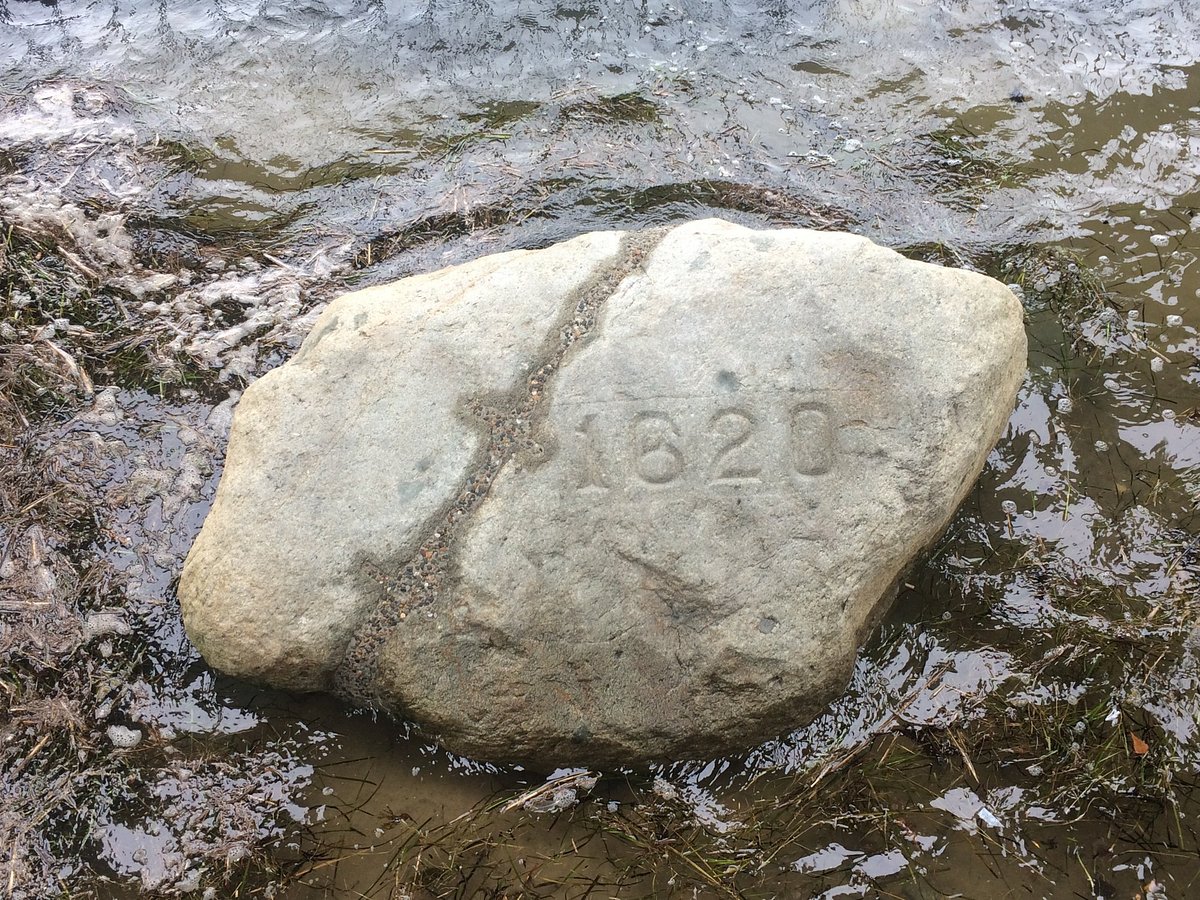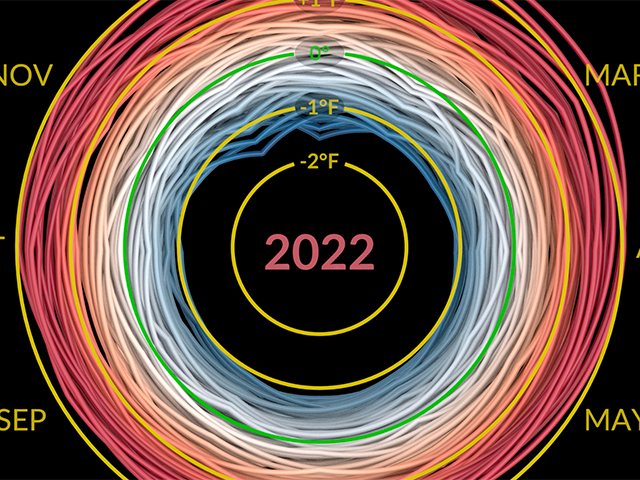- Dec 18, 2013
- 136,659
- 27,997
- 2,180
How does CO2 make them more intense?They know exactly how a hurricane starts. No they can't replicate a hurricane just like you cannot be born but once. Just because they cannot replicate JC456 does not mean that they can replicate a smarter one.



